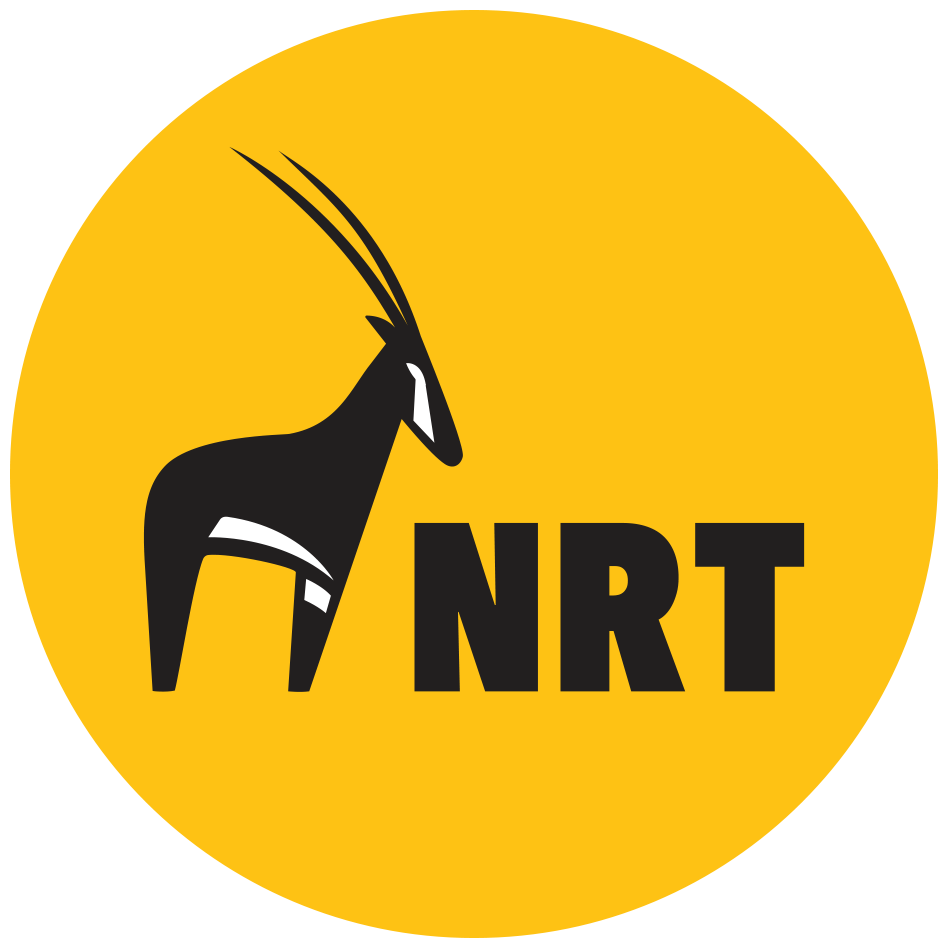Flow of Hope: Transforming Lives in Remote Baringo County through Reliable Water Solutions
Water is an invaluable life-sustaining force.
Joseph Akeno, a livestock keeper from Loyamorok Ward in Tiaty East Sub-county in Baringo County, knows this fact too well. Most of the residents in the Ward, as well as their neighbors in Saimo Soi Ward, 20 kilometers away in Baringo North Sub-county, lack access to a reliable water source.
For the residents of Loyamorok Ward, the main water source has been Lake Baringo (approximately 15 kilometers away) and a solar-powered borehole. The borehole’s water volume fluctuates, frustrating the villagers who frequently wait in long queues for an elusive opportunity to fetch water from it. Those living in remote Saimo Soi have suffered the most as they have had to depend on a lugga, (a seasonal watercourse), which is becoming increasingly unreliable.
While both Loyamorok and Saimo Soi Wards, home to the Pokot and Tugen communities, have plenty of pasture, perennial conflict in the two areas prevents wildlife, herders, and their livestock from accessing it, endangering their livelihoods. Fortunately for these pastoralist communities, there is a glimmer of hope on the horizon.
A new water project supported by the Northern Rangelands Trust (NRT) through the European Union-funded Kenya Rangelands Ecosystem Services Productivity Program (RangER), is working to construct water pans at Lemuyek (in Loyamorok Ward) and Simotwo (in Saimo Soi Ward), that will provide a reliable source of water for livestock, wildlife, and domestic use. The project seeks to reduce cattle rustling, communal strife, and human-wildlife conflict caused by competition for water. It also aims at improving the lives and livelihoods of the community members in the two wards and increasing their income from the sale of healthy livestock.
In May this year, NRT facilitated the organization of community engagement meetings in both Loyamorok and Saimo Soi Wards, and a five-member Project Implementation Committee was established in each of the two wards. This June, the two water pans’ designated sites were officially handed over to the contractor. Their construction is underway, and the project is scheduled for completion in two months. The water pans, which are expected to hold 35,000 cubic meters of water each, will collect surface runoff water and supply it to Loyamorok and Saimo Soi Wards.
“Overreliance on pastoralism and subsistence farming along Lake Baringo’s shores has led to biodiversity loss and recurrent conflict, decimating livelihoods. The construction of the two water pans will significantly reduce conflict over the resources in the area, and ease access and availability of water for domestic use, livestock, and wildlife,” explains Aloise Naitirra, the European Union (EU) RangER Program Coordinator.
EU RangER Program aims at improving the livelihoods of communities and landscapes in the four member counties of the Cooperation on Peace and Development (CoPaD) bloc, i.e., Laikipia, Samburu, Isiolo, and Baringo, by increasing the productivity of the ecosystem services provided by rangelands and supporting climate-smart natural resource management, effective governance, and peace and security for wildlife and people.



